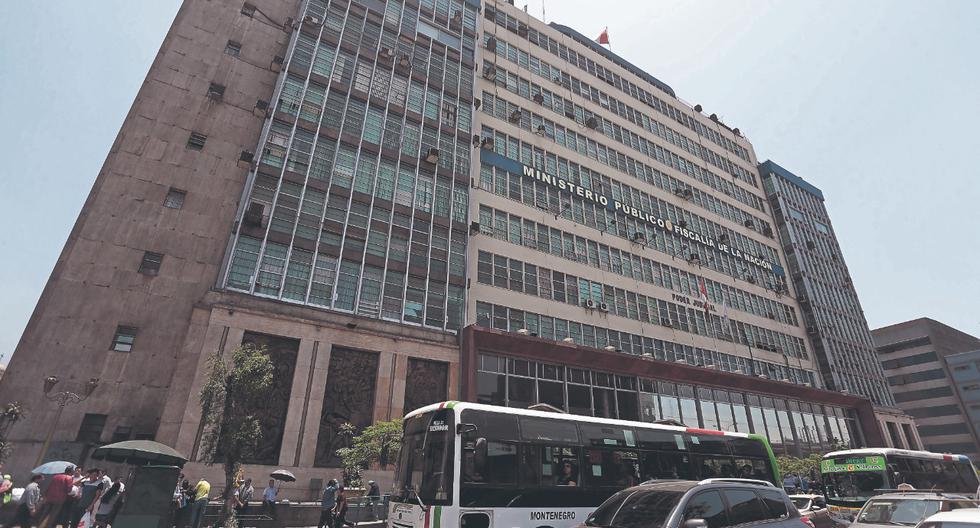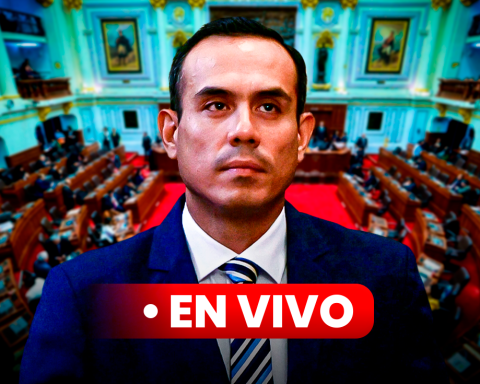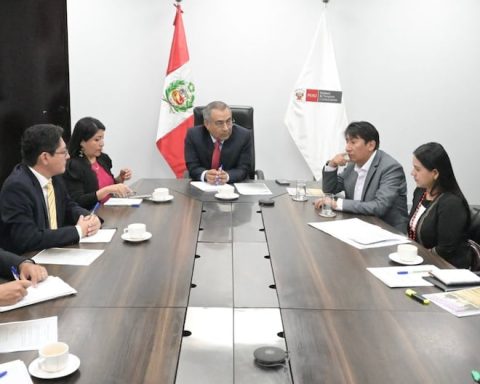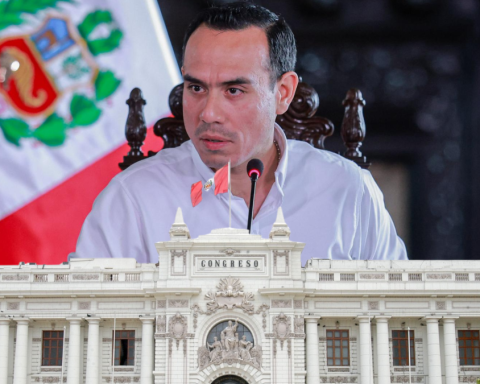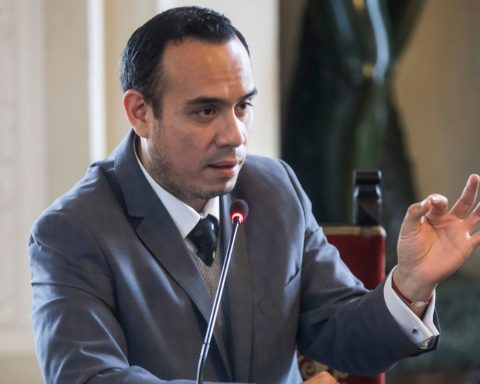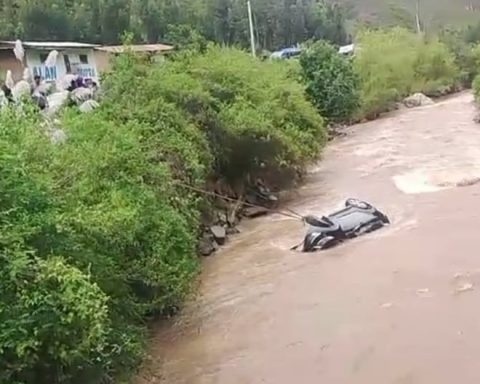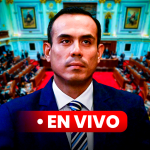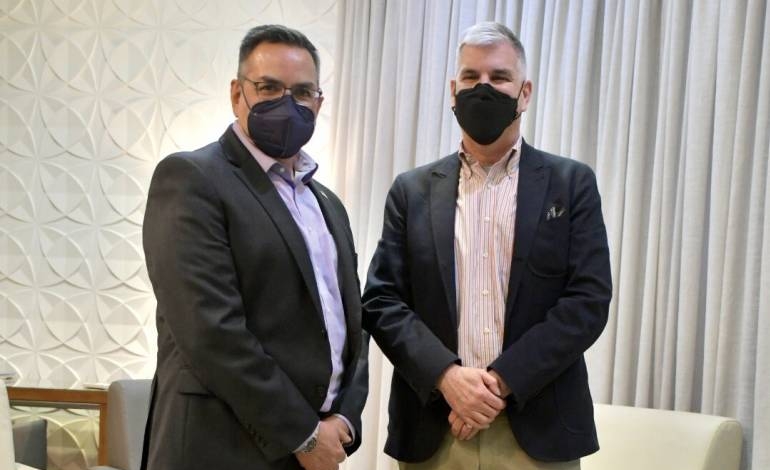Total rejection. After the table was set in Congress for the approval of a bill that would weaken the effective collaborationthe Attorney General’s Office expressed its position against said legislative initiative.
SIGHT: The cost of the informality of a minister like Juan Silva in the MTC
Through its social networks, the Public Ministry indicated that the National Prosecutor, Zoraida Ávalos, rejects the modifications that Parliament intends to make to the effective collaboration law because “it threatens the fight against corruption and organized crime.”
It also highlights that, with the approval of the opinion, the Justice Commission of Congress is not listening to the technical opinions formulated by the Office of the Attorney General, the Judiciary and the Ministry of Justice and Human Rights.
“Effective collaboration is a fundamental tool to investigate organized crime and serious crimes, because it allows you to destroy it from within with deterrent or reward measures. If its modification is approved, it would favor impunity”, clarified the Prosecutor’s Office.
Additionally, Ávalos, in dialogue with Latina, said that this initiative is “worrying.”
“Many of the political leaders who are currently being investigated by the Public Ministry have representatives on that (Justice) commission. Isn’t there a conflict of interest? Prosecutors and collaborators are discouraged. What is sought with this? Bring down the investigations? Achieve impunity or the archive? ”, She questioned.
AFFECTATIONS
In a conversation with Perú21, César Azabache, an expert lawyer in criminal matters, stressed that, if the bill is approved, its implications are prohibited from immediately affecting cases in stages already initiated before judges or courts of justice.
However, he stressed that these modifications could bring consequences to important cases that are in preliminary investigations, such as Los Dinámicos del Centro and Los Cuellos Blancos del Puerto.
For Azabaeche, most of the modifications that Congress intends to make, such as limiting the term to corroborate the statements of the aspiring collaborator and classifying the dissemination of information about collaborations as a crime, “make no sense.”
In addition, the criminal lawyer, Cecilia Madrid, hopes that, at the time of the debate in the plenary session of Parliament, the pertinent changes will be considered so as not to affect the work of the prosecutors.
“The limits that are established should not mean that prosecutors lose such an important tool as this (effective collaboration) in this kind of investigation (of organized crime and corruption),” the expert told this newspaper.
For Madrid, there are certain proposals of the legislative initiative that “must be duly studied so as not to turn effective collaboration into an unusable instrument.”
KEEP IN MIND:
-Gladys Echaíz, president of the Justice Commission of Congress, pointed out that she does not cling to the approved opinion and that there is a willingness to make the necessary changes.
-The former anti-corruption attorneys, Antonio Maldonado and Yván Montoya, agreed that the bill weakens effective collaboration.
RECOMMENDED VIDEO:
